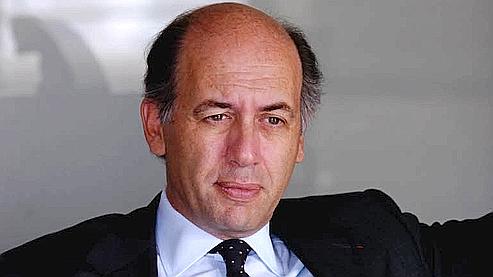The Danubian Union
The Danubian Union is a fairly complicated entity which has been described as a "mixture of a personal union, military alliance, confederation, and economic union" as while the countries of the Danubian Union (Austria, Czechoslovakia, Croatia-Bosnia, Hungary, and Venetia) share a single Hapsburg monarch and often cooperate on economic and military matters with a single pan-Danubian military command (and navy), parliament, and currency (the Danubian krone) along with open borders and free trade, the five members of the Danubian Union are practically independent in other matters like having separate armies (in peacetime) and self-government in most local affairs and some degree of independence in foreign policy, a state reflected in how they have separate seats in the Council of Nations. But how did this system arise and why?
The origins of the Danubian Union lay in the accession of Franz Ferdinand as Emperor of the Austro-Hungarian Empire (the entity which preceded the Danubian Union) in 1904 after the death of Franz Joseph from a heart attack. Franz Ferdinand saw that the Empire needed to be reformed to handle the problems of the Empire. During the Ausgleich negotiations of 1906, which occured four years before WW1, Franz Ferdinand was able to implement his proposal for the reformation of the Empire, despite Hungarian resistance. This resistance stopped short of an outright civil war but led to a decentralization of the Empire into the Danubian Union. Under this proposal, the Danubian Union would have a unified monarch and parliament but its constituent nations would have a large degree of autonomy as well.
To this day, the Danubian Union of Austria, Czechoslovakia, Croatia-Bosnia, Hungary, and Venetia has withstood the crisises which it has faced over the decades and is now, along with the Third Reich, Poland, the United Kingdom, and the Scandinavian countries, a major force amongst the democratic, capitalist powers in Europe in the multi-sided "Silent Conflict".







